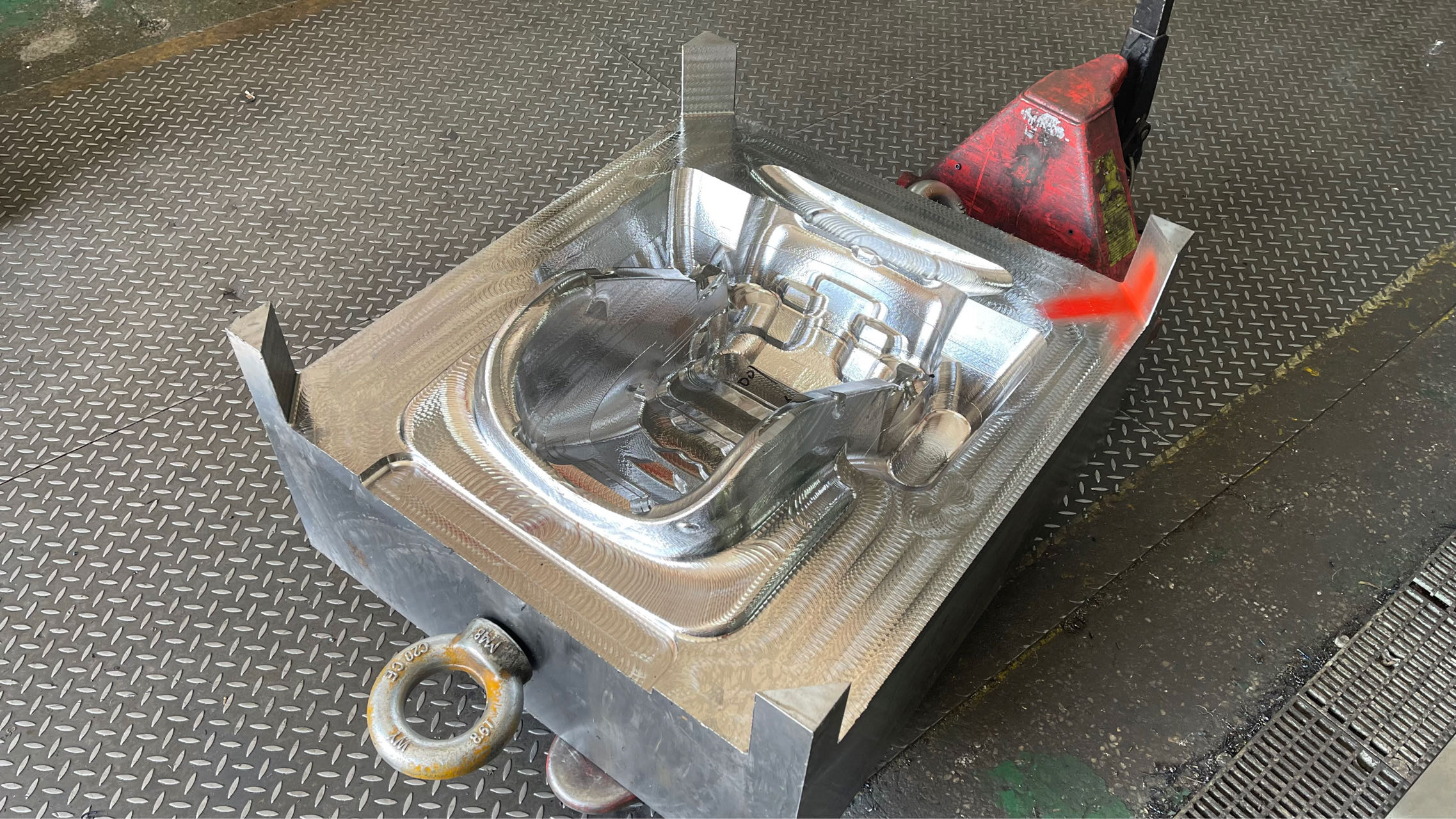Indonesia, an archipelago nation rich in natural resources, is poised to play a pivotal role in the global copper market. As the world transitions to cleaner energy and electric vehicles, the demand for copper is surging. This article explores the opportunities and challenges that arise from this increasing demand for copper in Indonesia.
Global Trends in Copper Demand
The global shift towards renewable energy sources and electrification has led to a heightened demand for copper. Key factors influencing this trend include:
- Renewable Energy Technologies: Copper is essential in solar panels and wind turbines.
- Electric Vehicles (EVs): Each electric vehicle contains up to four times more copper than a traditional internal combustion engine vehicle.
- Infrastructure Development: Growing urbanization drives the need for electrical infrastructure, which heavily relies on copper.
As countries embark on ambitious plans to reduce carbon emissions, copper's role as a conductor and its electromagnetic properties make it indispensable in green technology.
Indonesia's Copper Resources and Export Potential
Indonesia is home to some of the largest copper reserves in the world. Notable mines such as the Grasberg mine in Papua are critical players in the global copper supply chain. The country possesses several advantages that position it favorably on the global stage:
- Rich Natural Resources: Indonesia's geological endowment includes vast copper deposits.
- Strategic Location: Proximity to burgeoning markets in Asia increases export opportunities.
- Investment Influx: Government incentives and foreign direct investment (FDI) bolster the mining sector.
However, tapping into these resources sustainably is paramount to ensure long-term benefits for the nation.
Challenges Facing the Copper Industry in Indonesia
Despite the lucrative opportunities, the copper industry in Indonesia faces several challenges:
- Environmental Concerns: Mining activities have significant environmental impacts, leading to deforestation and pollution.
- Regulatory Framework: Complex regulations can deter investment and slow down operations.
- Community Relations: Local communities often have mixed feelings about mining activities due to historical injustices.
Addressing these challenges is essential for achieving a balance between economic growth and environmental stewardship.
The Role of Technology and Innovation
Technological advancements present opportunities to enhance copper extraction and processing. Innovations such as:
- Automated Mining Equipment: Increases efficiency and reduces labor costs.
- Recycling Technologies: Improves the sustainability of copper production by reusing existing materials.
- Data Analytics: Optimizes operations and predicts market trends.
The adoption of these technologies not only boosts production but also helps mitigate some environmental challenges.
Conclusion
The rising demand for copper presents Indonesia with a golden opportunity to capitalize on its rich natural resources. With a favorable geographical location, established mining infrastructure, and potential for technological innovation, the Indonesian copper sector is strategically positioned for growth. However, addressing the accompanying challenges, particularly in environmental and community relations, is crucial for sustainable development. By fostering a balanced approach, Indonesia can navigate the complexities of the copper market and become a key player in the global economy.

